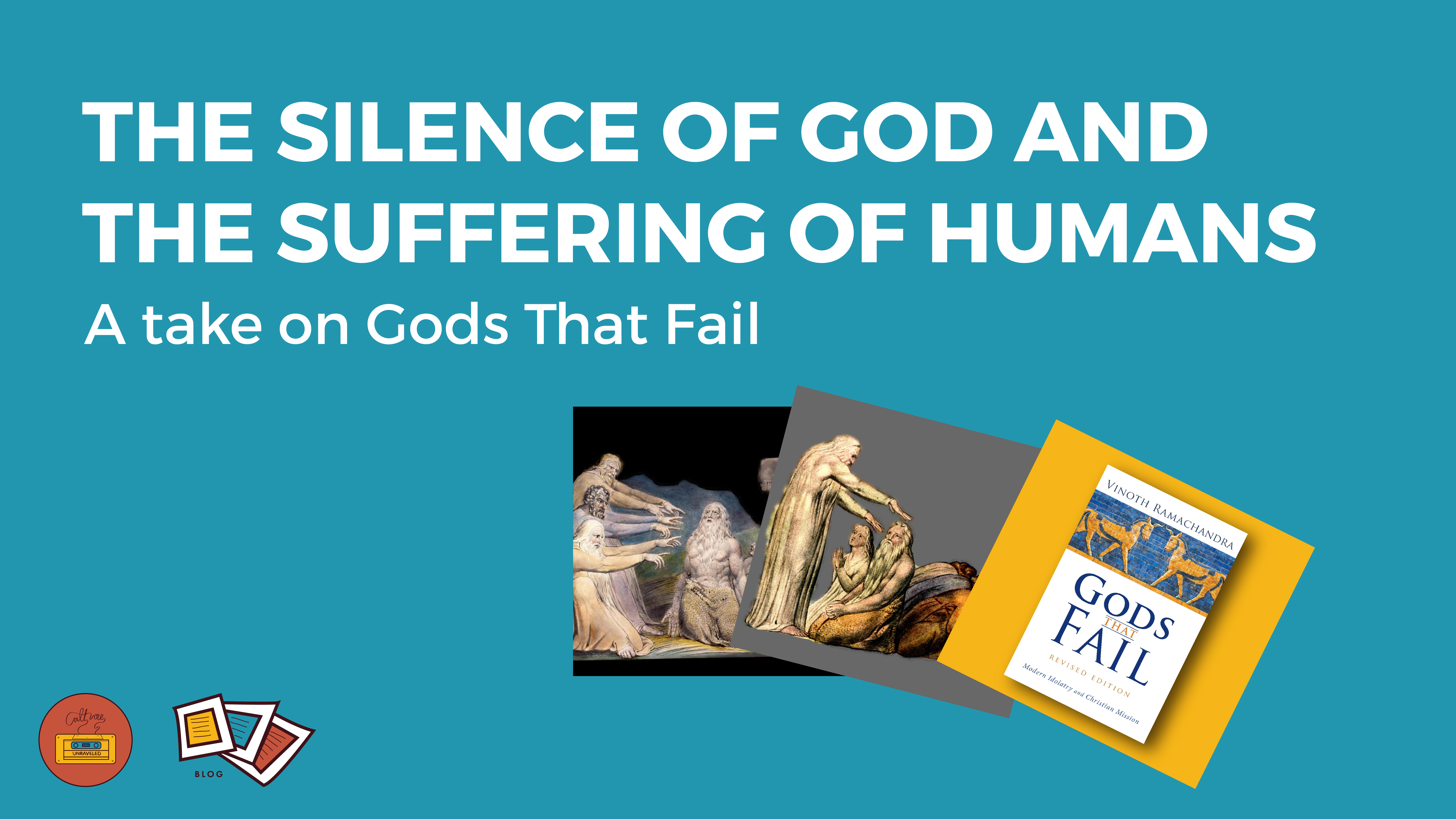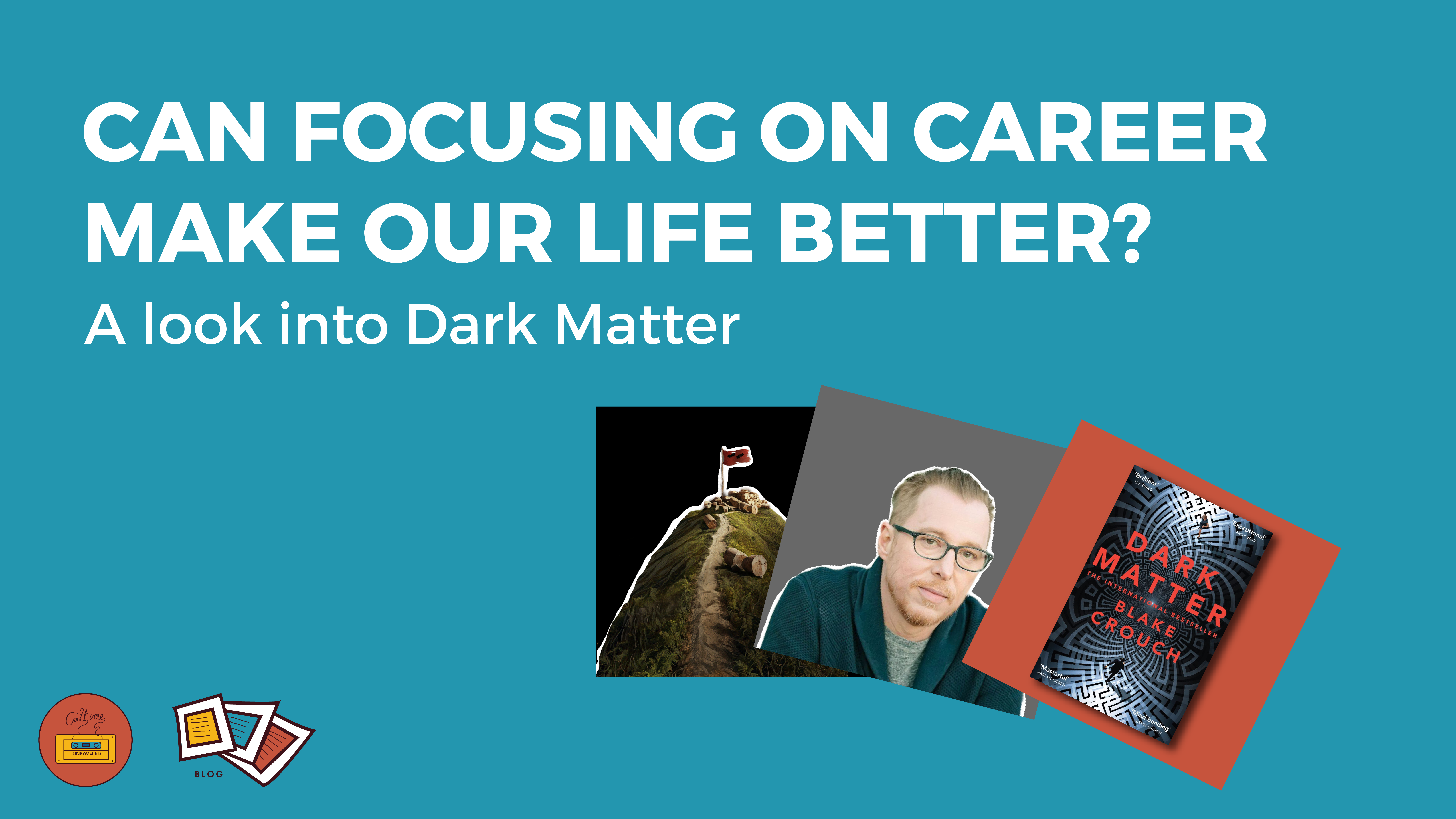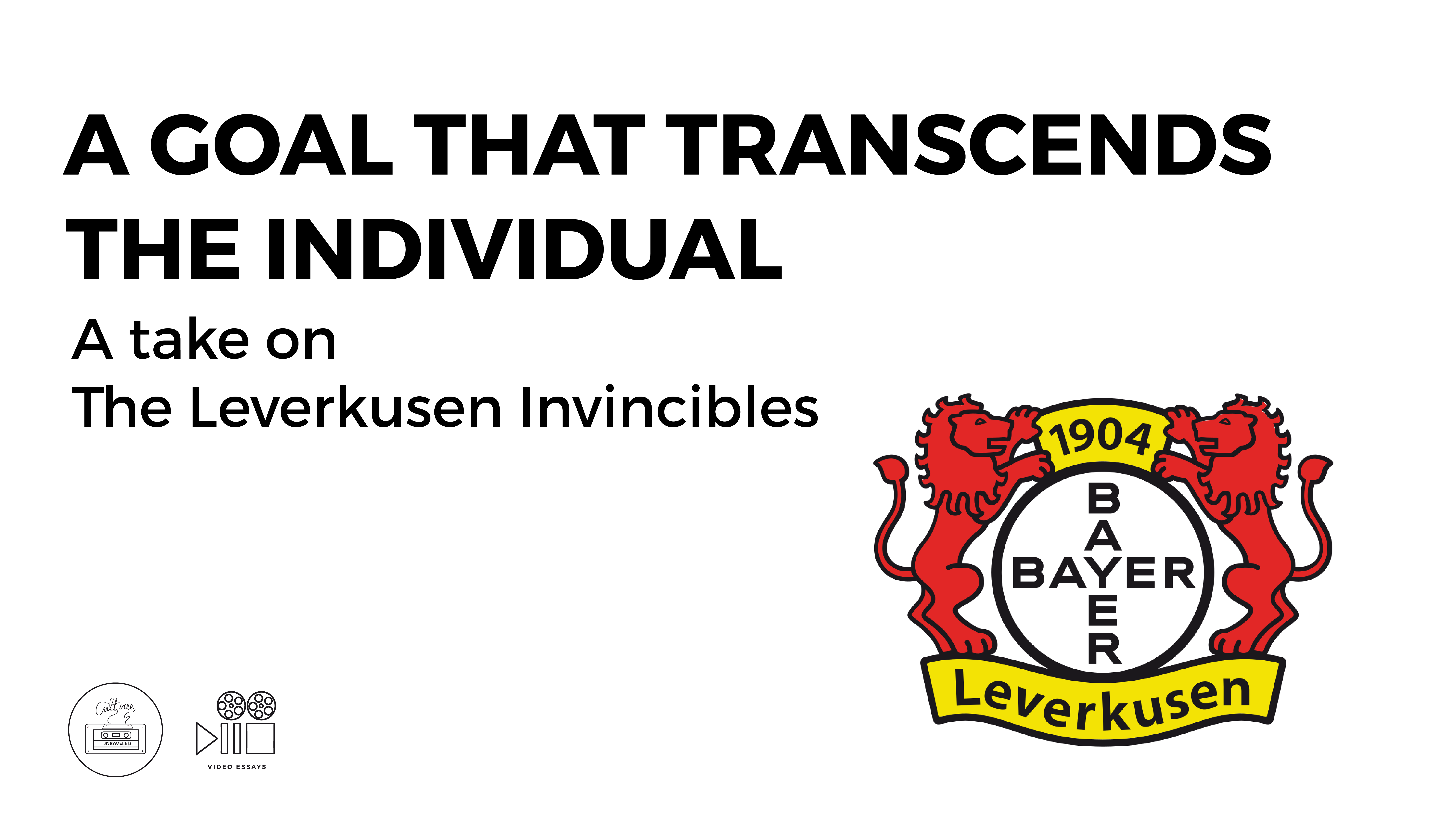
The path to excellence at work. A look into So Good They Can’t Ignore You
A decade ago, Cal Newport, the author of “So Good They Can’t Ignore You,” talked about why the popular notion of “follow your passion” is an astonishingly lousy piece of career advice. He argues that we can love what we do, not by following our passion but by working passionately in what we are already doing. This article reflects on why Newport’s perspective is brilliant by highlighting two strengths in his argument that resonate with the biblical view: whatever we do, we do it with all our hearts, not to please men but God.
Newport constructs his argument by raising this question: Why do some people love their work, and some don’t? He answers this question by drawing insights from the stories of two highly accomplished figures: Steve Jobs and Bill McKibben, whose career paths have a specific pattern that enabled them to love what they do and become highly successful.
He tells the first story about Steve Jobs, primarily to argue why “follow your passions” is terrible advice for career development. Newport highlights how Jobs did not start Apple computers with a clear vision of creating a technology company. Instead, he only had the skills to create a circuit board for computers that could become the technology used by Apple. And this led to his success as the founder of Apple computers: his ability to design and build circuit boards and fit that skill into a businessman’s vision to sell the technology for a massive profit.
The second story he tells is about Bill McKibben, an environmental author, and activist. He was a Harvard graduate who later worked for the New Yorker and eventually authored his book “The End of Nature,” which established him as an important writer on environmental issues. Newport looks at McKibben’s decision to leave his job at the New Yorker and move to a cabin in Vermont to write about what mattered to him that pivoted him towards success in his career.
Newport draws some lessons from these stories. First, he posits that according to the pattern we see in Jobs’ career, a complicated path is more of a rule than an exception. He does not buy into the idea that we can love what we do by taking some time off and figuring out what we love. Then he argues that the specifics of his work as a writer did not matter to McKibben as much as having the general traits of autonomy and the desire to impact the world. Following a pattern in which he relentlessly worked on his writing skills led him to enjoy his freedom and influence as a writer. Newport calls this honing a “rare and valuable” craft that allowed him to leverage it to gain autonomy and impact the world.
Thus, Newport argues that following our passion or figuring out what we love and then matching it to our work differs from the general path to career success. Instead, we can love our work and become successful by honing a skill so perfectly that we can use it to carve out our path toward living an immensely satisfying life.
Newport’s view is an excellent alternative to “following our passions.” But is Newport’s perspective merely another way of saying “practice makes perfect” and nothing more? His view suggests honing their particular skills sets Jobs and McKibben apart from others. And it shaped their identity as a techie and a writer. In other words, practicing a specific skill made them love their work.
While Newport advocates for the notion that “practice makes perfect,” Newport’s advice goes beyond this cliche. It tells us that consistently bettering our skills enables us to love our work and excel at it, while also enjoying it as we impact this world. It resonates with the biblical perspective that whatever we do, we do it with all our hearts, not to please men but to honor God, who gave us the ability to become excellent people. Two significant strengths in his arguments will help us fully grasp this thoughtful perspective.
First, Newport dismantles the notion that our passion for work begins with something we figure out in the abstract. Instead, he firmly believes that the more we work towards becoming excellent at work, the more we will passionately work towards making an impact in the world. Such a perspective changes our perception of both passion and excellence. We may falsely see passion as something that comes before greatness. But in Newport’s view, our passion for work is intrinsically tied to our ability to become excellent. In other words, passion and excellence go hand in hand. Our love for work depends on how good we are at it, and our ability to be skillful at work depends on how much we love it.
Second, Newport argues for the importance of working towards excellence rather than assuming that we are already excellent at something merely because we love it or have an immense interest in a particular craft. A strong passion for something does not necessarily indicate our ability to be good at it. Instead, we become exceptional at a skill only when we consistently practice the skill. If we do not practice working on a craft, we may as well lose our passion for it. But the more we become an expert in a particular skill, the more we can leverage it to steer our career path in our chosen direction and have a satisfying work-life.
Thus, the strengths of his argument lie in his perspective that learning a craft, becoming excellent at it, and leveraging it to impact the world freely is the path to loving what we do and having career success. The biblical perspective that we must strive to be excellent in the skills God has given us amplifies Newport’s advice in that it calls us to work with all our hearts, whatever it may be that God has given us, and honor God’s purposes for this world. Both views leave us with two choices. We may as well sit back and attempt to figure out our path in life in the abstract, or we can choose to actively pursue our God-given abilities and become excellent people who can truly honor God and impact the world in a good way.
Author: Rosalina Vundi












